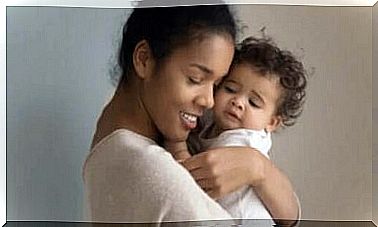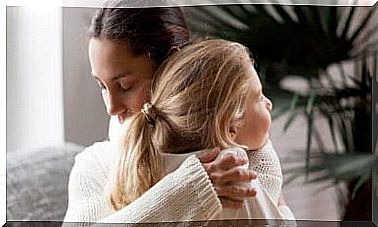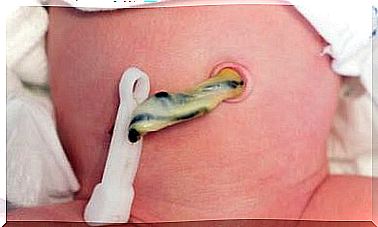The Three Types Of Respect In Positive Discipline

The basic premise of positive discipline is respect for yourself and for others. As an example, behaviorism means that children must respect adults, but miss the most important thing: that adults must also respect children. That is why today we want to talk about the three types of respect in positive discipline.
Respect is a rather abstract concept that is closely related to personal values. People, and especially parents, should reflect on what these values are because that is what helps us define our boundaries.
Respect in horizontal relationships
Respect is defined by horizontal relationships. This means that children must be treated with the same respect and dignity as adults. For example, if an adult falls and injures himself, no one would even think to say to them: “But get up, that was not so dangerous!” and then not help them up. So why should children not be treated with the same respect and dignity?
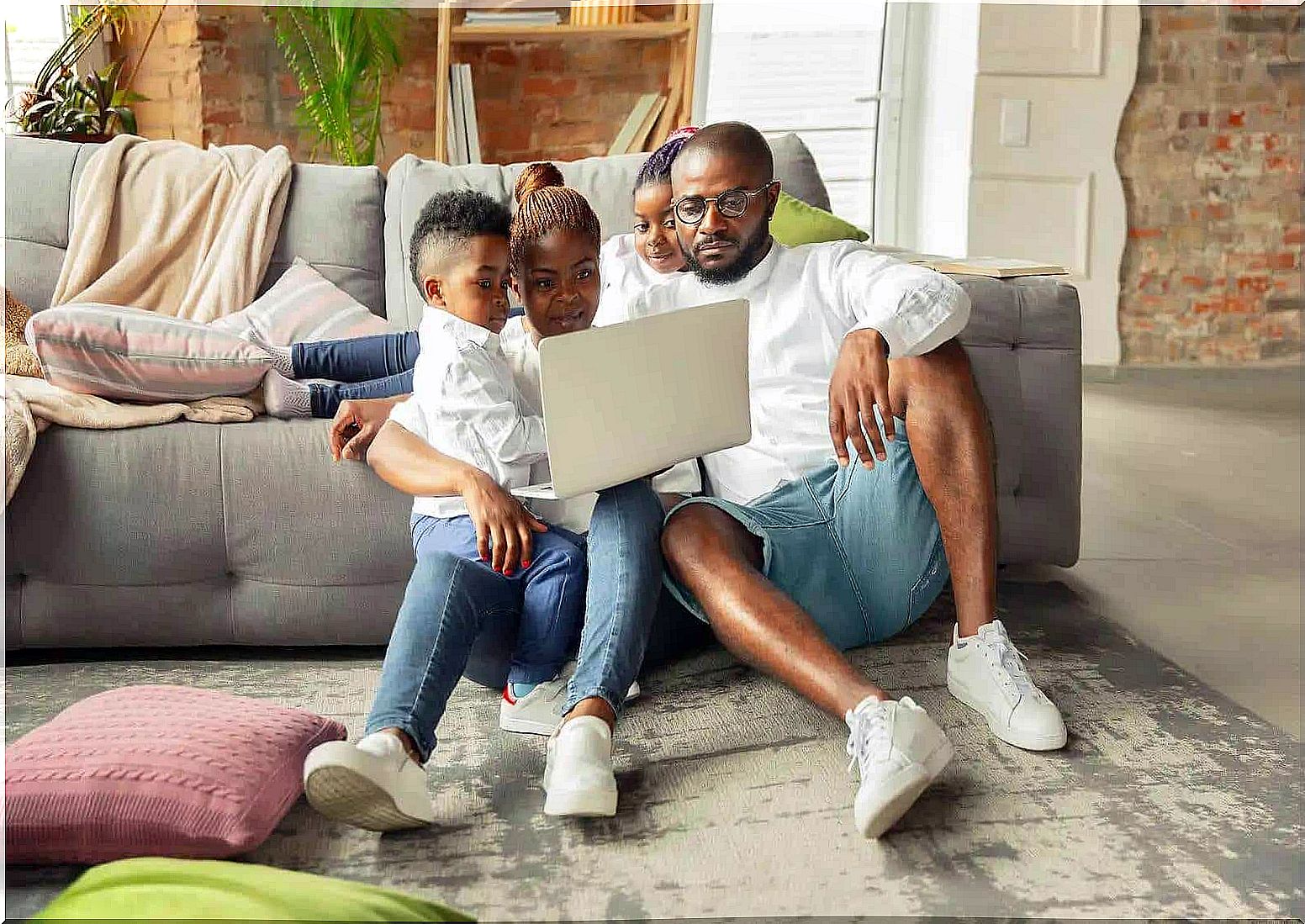
Another thought-provoking example is this: Would you ignore an adult shouting at you from another room because he wants you to come, and not go there and support or comfort them? You should definitely go there and look at the person! So why make children cry until they are exhausted or feel emotionally neglected?
What positive discipline is about is trying to get us to find our way back to our common sense and realize that the goal does not always justify the means. To be able to solve different situations in our daily lives, we must respect ourselves, respect our children and respect every given situation.
Respect is something you cultivate
Respect is something you have to cultivate and nurture every day. You have to put it into practice by using your imagination. For example, if your children want you to read a story to them before they go to sleep, and they were the ones to decide, they would probably never let you stop reading. They hope you never turn off the light and stay with them as long as possible. This is perfectly normal.
But to respect yourself, the situation and your children, the best compromise is to read the story to them for as long as you think is appropriate, and then turn off the light and let them fall asleep. You do it because you know they need to rest. So you can let them choose the story in the evening and you can enjoy a cozy moment together, and in this way everyone is equally respected.
On the other hand, it is very important that you pay attention to yourself. This means that you should perform small daily actions where you take care of your physical, mental and emotional well-being. It can be simple and easy things that are part of your daily routine, such as exercising, writing, hugging, eating something you like or meditating for a few minutes every day.
The important thing here is to spend a few minutes each day taking care of yourself and taking care of your physical and emotional state so that you can better take care of your loved ones. Unfortunately, we sometimes forget this. But this is fundamental in the positive discipline.
The three types of respect in positive discipline
As we mentioned earlier, there are different types of respect in positive discipline. The three types of respect are respecting the children, respecting ourselves and respecting the situation we are in. In addition to this, given that respect is a somewhat abstract concept, there are specific ways of implementing it that allow you to reflect on your actions.
We will give you some tips below, but it is important that you take the time to think about how you do to put them into practice. This is important because respect basically has to do with how you see the world and what values are important to you.
Show respect for your child
- Accept your children as they are.
- Take into account their stage of development.
- Trust their abilities.
- Always talk to your child with respect.
- Listen to what they have to say.
- Show empathy for their feelings.
- Pay attention and show appreciation for their efforts.
- Take them into account in family plans (given their age and abilities).
- Accept and respect their boundaries and time.
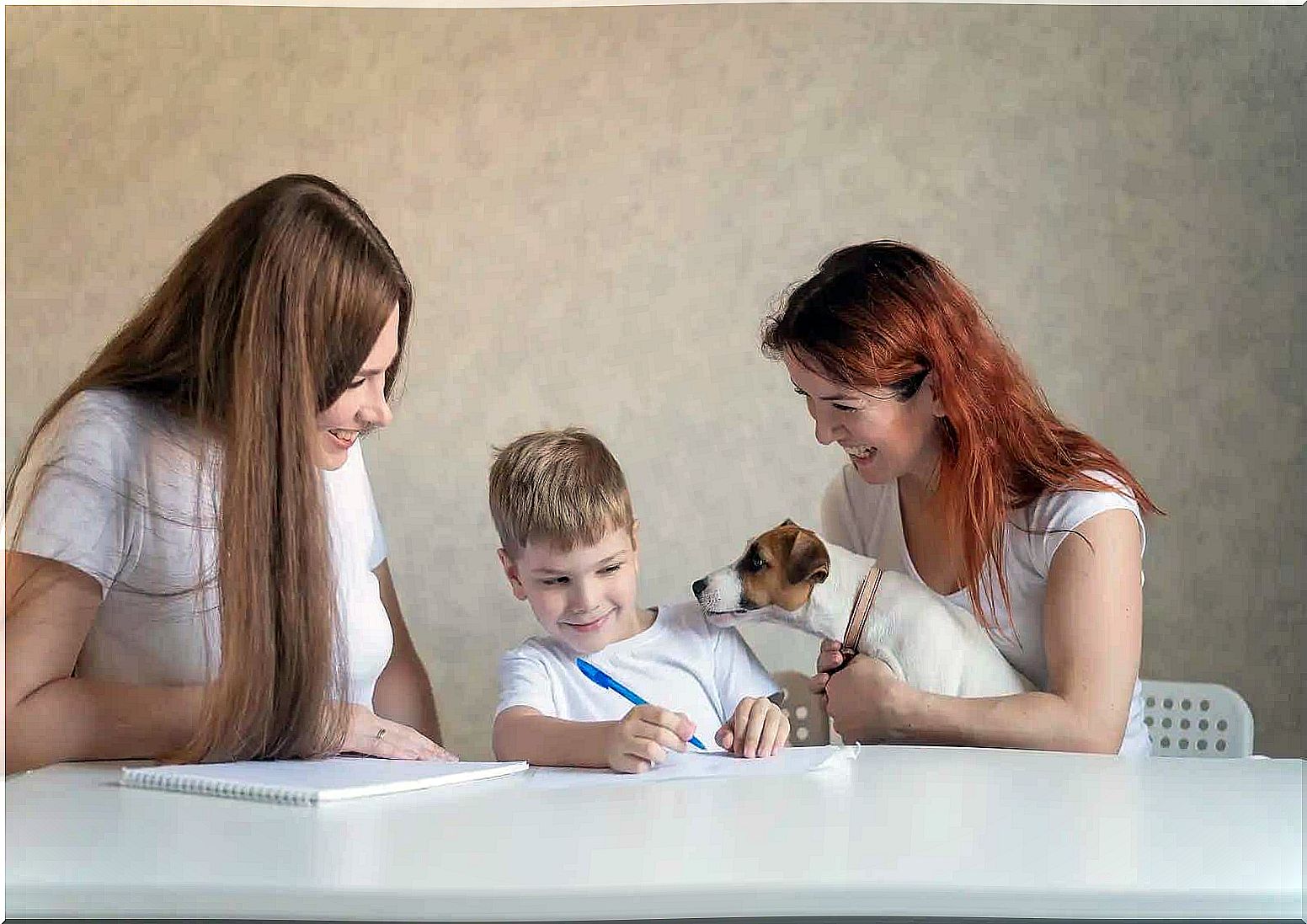
Show respect for yourself
- Get to know and value yourself.
- Have your own identity.
- Spend quality time with yourself.
- Take care of yourself.
- Be clear about your boundaries.
- Put a high value on your priorities.
- Be determined, but at the same time kind.
- Do not let anyone attack or bully you.
- Do what you say you should do and be consistent in your actions and words.
Show respect for the situation
- Your actions should not endanger your safety and the safety of others.
- Act according to the rules you have established for the situation or area you are in.
- Make a distinction between what you want to do and what you need to do.
Now that you know the three types of respect in the positive discipline, you can implement them in your own life and in your family life. It is important that you find a harmonious balance, and we hope that you can easily start implementing this in your family.

